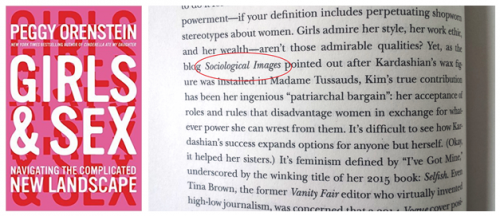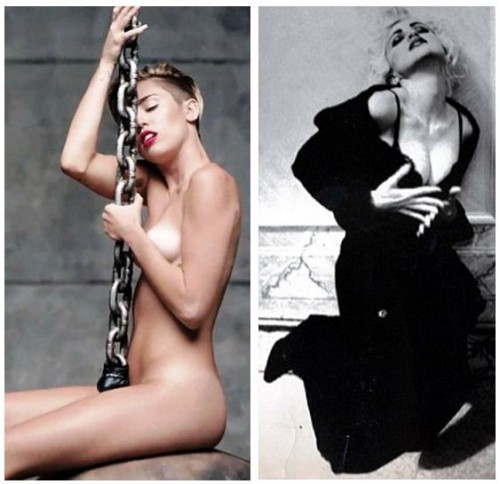A while back, in a post about Kim Kardashian’s fame, Lisa summarized the concept of a patriarchal bargain as “a decision to accept gender rules that disadvantage women in exchange for whatever power one can wrest from the system. It is an individual strategy designed to manipulate the system to one’s best advantage, but one that leaves the system itself intact.”
Christine B. sent in an excellent example of an individual-level attempt at empowerment with the confines of gender inequality. The video, part of the Howcast series of how-to videos, explains to women how to get men to buy them drinks at a bar:
In case you didn’t feel like watching the video, I can sum it up for you:
- Dress sexy, but not slutty, or you’re asking for it. How do you know if you’ve crossed the line? Well, if any men act inappropriately toward you, you must have shown too much boob. Better luck next time!
- Instead of planning a fun night out with your female friends, select only one — the bubbliest one, obviously — and go find a male-dominated environment.
- Buy yourself one drink right off the bat, so it looks like you’re an independent-minded woman who isn’t trying to get free shit in return for being pretty. I mean, you are doing that, but you don’t want to make it obvious. Men might be turned off if the gendered exchange were made explicit.
- Assume all men are stupid.
- Don’t ever stop to question a system that tells women that trading on our appearance, faking interest in people, excluding friends from social outings because they might be annoying to random men you’ve never met, and being manipulative are all totally empowering and socially-acceptable ways to behave as long as ladies get a fairly low-cost item for free in return for our efforts.
Transcript after the jump.










